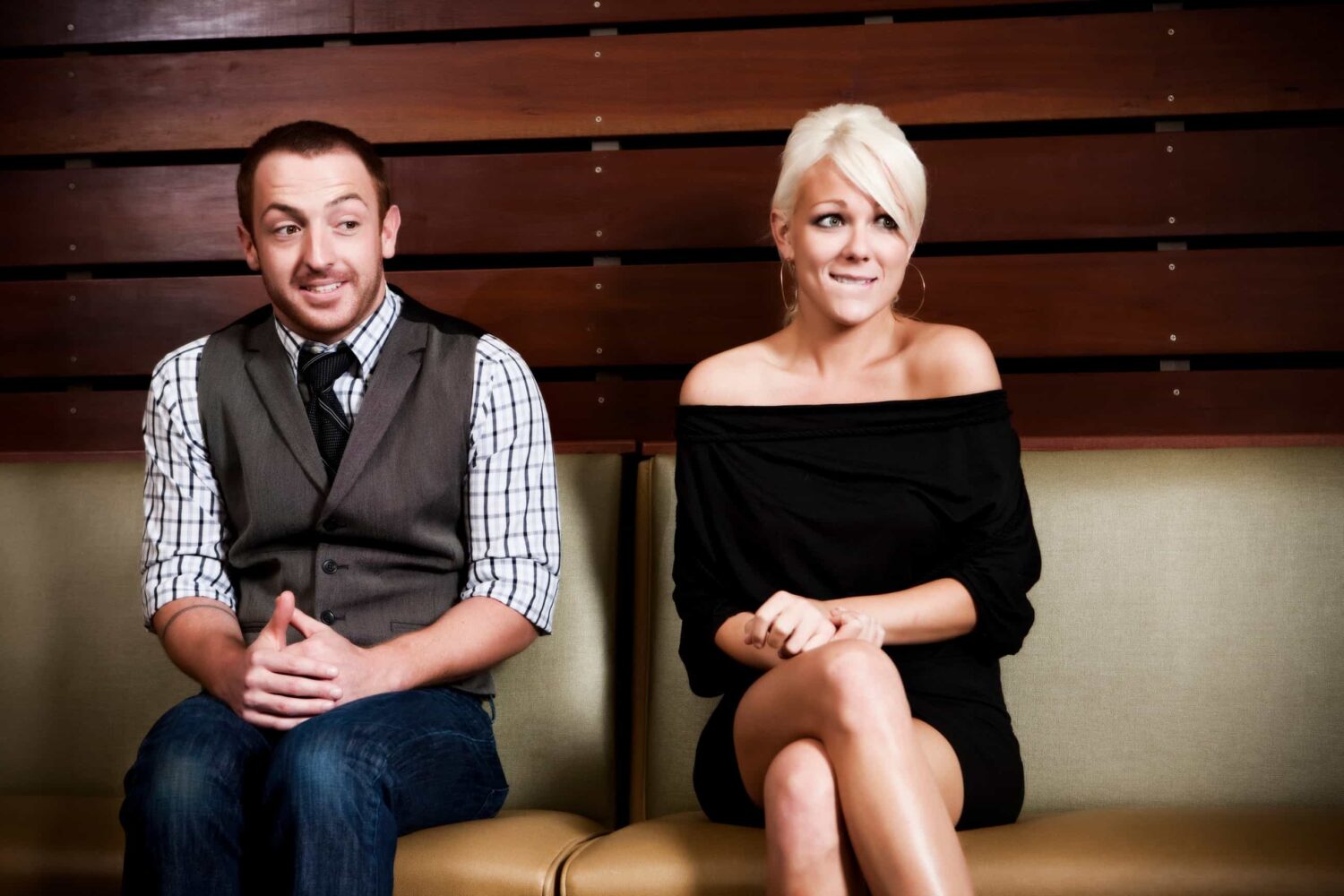Commitment issues can make it difficult to trust others and enjoy meaningful relationships. Part of you might want to take things to the next step with someone you care about. But another part of you may feel skeptical, afraid of getting hurt, or confused about how you should proceed. The idea of an intimate relationship can seem downright overwhelming.
Commitment issues often stem from patterns of unstable relationships, trauma, and low self-esteem. But fear of commitment can also be your mind and body looking out for your best interest. Here are some key ways to tell the difference:
How to Trust Your Intuition When It Comes to Commitment
Fear is an incredibly powerful emotion, and it's as instinctual as needing to breathe or wanting to eat. Your brain is constantly detecting threats and trying to protect you from potential harm. This is known as the fight-or-flight response system, and it's designed for your survival.
Of course, fear can become dysregulated over time. What may seem life-threatening can be innocuous, and you sometimes need to challenge your anxiety before accepting it at face value.
Consider Outliers Vs Patterns
If you experience a fear of commitment with everyone you meet, that represents a chronic pattern. You feel anxious about intimacy, and you try to safeguard yourself against getting hurt. The pattern is you withdrawing or disconnecting.
An outlier refers to something that falls outside of your norm. For example, maybe you have had healthy relationships in the past. However, you went on a date with someone new, and they want to see you again. But you feel ambivalent, even though you're not sure why.
When it comes to outliers, it's worth exploring the feelings deeper. This exception might be your intuition telling you that you don't feel connected (or safe) with this other person.
Know Your Yellow Flags
Most of us know the common red flags when it comes to dating. For example, you should never be with someone who threatens you or physically harms you.
Yellow flags can be more covert, and people have different levels of tolerance for them. They may not be inherently nonnegotiable, but you should pause if someone exhibits them. You may need more time to reevaluate the situation.
Some potential yellow flags include:
- difficulty accepting feedback
- no history of long-term relationships
- inability to talk about emotions
- no friends or only superficial relationships
- chronically unemployed or in serious debt
- complaints of "crazy exes"
- excessive indecisiveness
If someone has many of these yellow flags and you have trouble committing to them, it could be because you've subconsciously realized the relationship won't be satisfying. This isn't so much about a fear of a committed relationship. It's about a fear of emotional distress.
Understand Your Attachment Style
Attachment styles refer to how safe and connected we feel with other people. Someone with a healthy attachment style can balance a sense of autonomy with emotional intimacy. They generally have good self-esteem and enjoy the benefits of close relationships.
Someone with an unhealthy attachment style, however, finds it difficult to trust others. They might become overly anxious or clingy in relationships. Or, they might present as withdrawn and aloof. They're scared to get hurt, so they avoid getting too close.
Attachment theory suggests that these stages are developed at a young age and that they are relatively fixed over time. If you struggle with attachment issues, relationship commitment becomes challenging. It's hard to trust a genuine emotional connection, and it can be scary to lean into relationship satisfaction.
Push Yourself to Take Appropriate Risks
Change is hard, and this is especially true when you're trying to build a foundation of a healthy relationship.
Small and healthy doses of exposure allow you to face your commitment fears head-on. Such exposure can also give you insight into interpersonal difficulties that you may not have realized.
That might mean deciding to go out on dates, even if the idea of romantic relationships seems terrifying. It might also mean practicing being more vulnerable, even if you're used to surface-level conversations.
Remember that the risks should feel safe and realistic. You don't want to overwhelm yourself, and you want to make sure you're taking them with someone who respects you.
How Therapy Can Help With Commitment Issues
Sometimes, when it comes to confronting commitment issues, you need to trust your fear. Other times, you need to trust your intuition. But discerning this difference isn't necessarily easy, especially if you've had a history of unhealthy relationships or difficulty committing to others.
Couples therapy can be invaluable for people facing issues with intimacy and closeness in their relationship. Individual therapy offers support for people who want to feel emotionally attached to others and need help overcoming commitment issues.
We are here to help you take those first baby steps!
